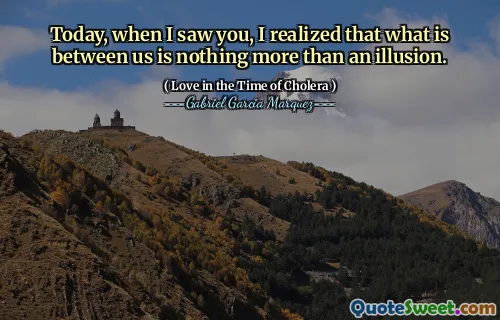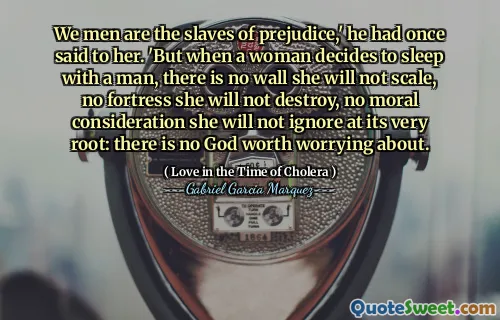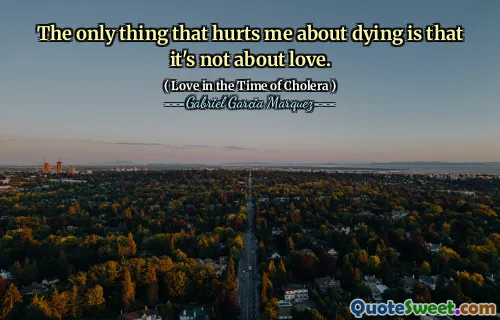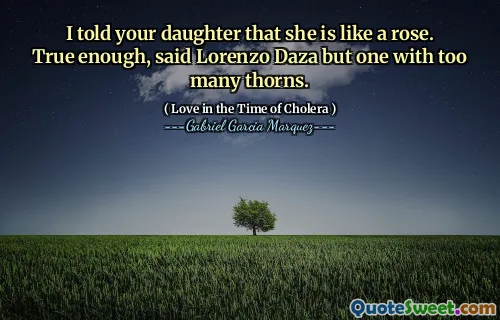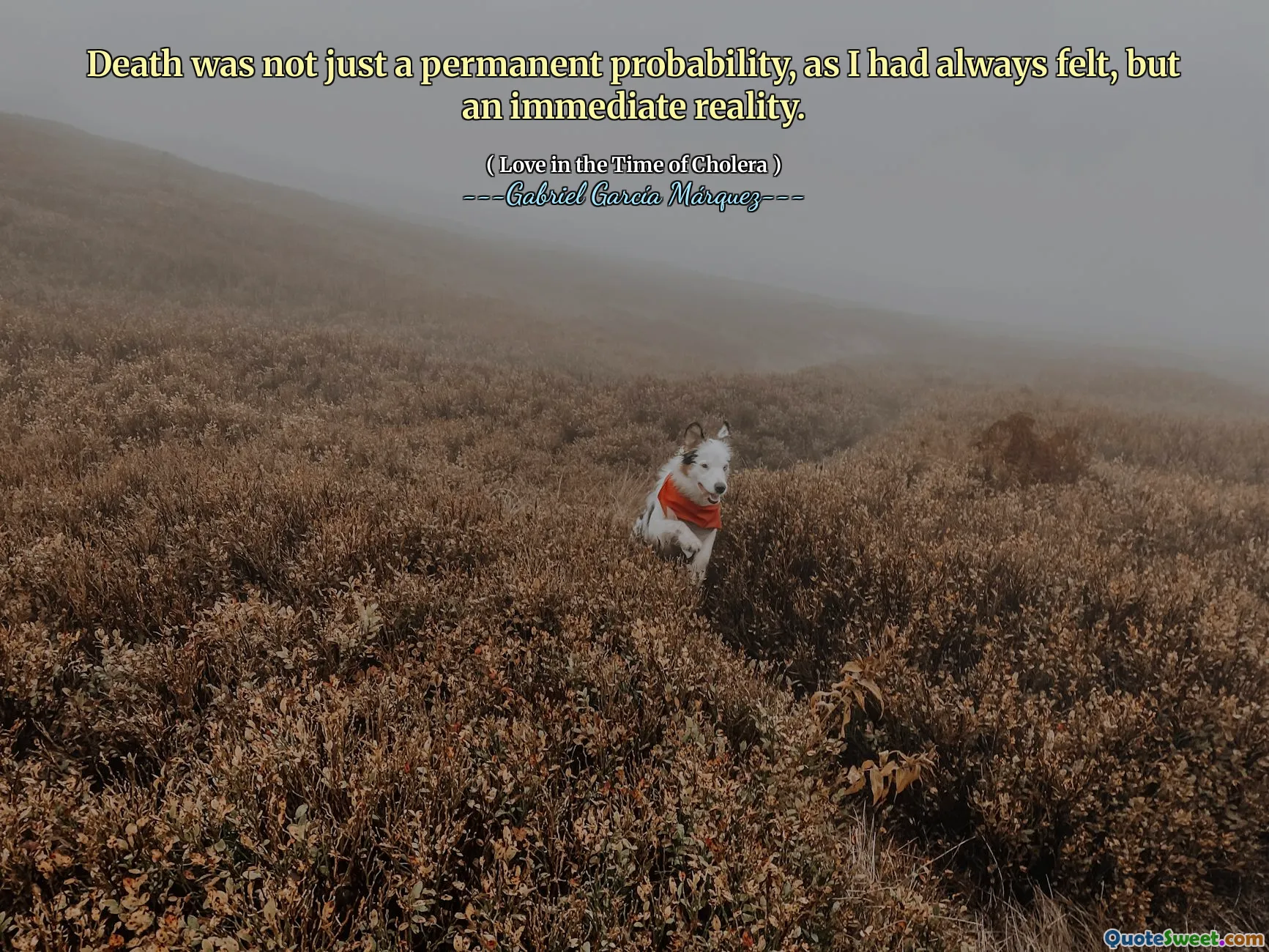
Death was not just a permanent probability, as I had always felt, but an immediate reality.
The quote delves into the profound perception of mortality and the way individuals internalize the inevitable end that awaits us all. It suggests a shift from viewing death as an abstract, distant possibility to an ever-present, tangible aspect of our lives. This perspective can evoke feelings of urgency, introspection, and a reevaluation of priorities. When death feels immediate, the essence of life is intensified; moments take on greater significance, relationships deepen, and the boundaries between the mundane and the profound dissolve. Such an awareness can similarly inspire a sense of vulnerability but also a heightened appreciation for existence. Facing the immediacy of mortality often prompts questions about purpose, legacy, and the true value of our actions in the limited time we have. In literature and philosophy, this acknowledgment frequently leads to existential contemplation, urging individuals to live more authentically and fully. While confronting one's mortality can be unsettling, it also serves as a catalyst for personal growth and a reaffirmation of what truly matters. The quote encapsulates the universal human condition—our awareness of death—and challenges us to consider how this consciousness impacts our everyday decisions and long-term aspirations. It compels us to examine whether we are truly present in our lives or merely drifting through without acknowledgment of the finite nature of our existence.
